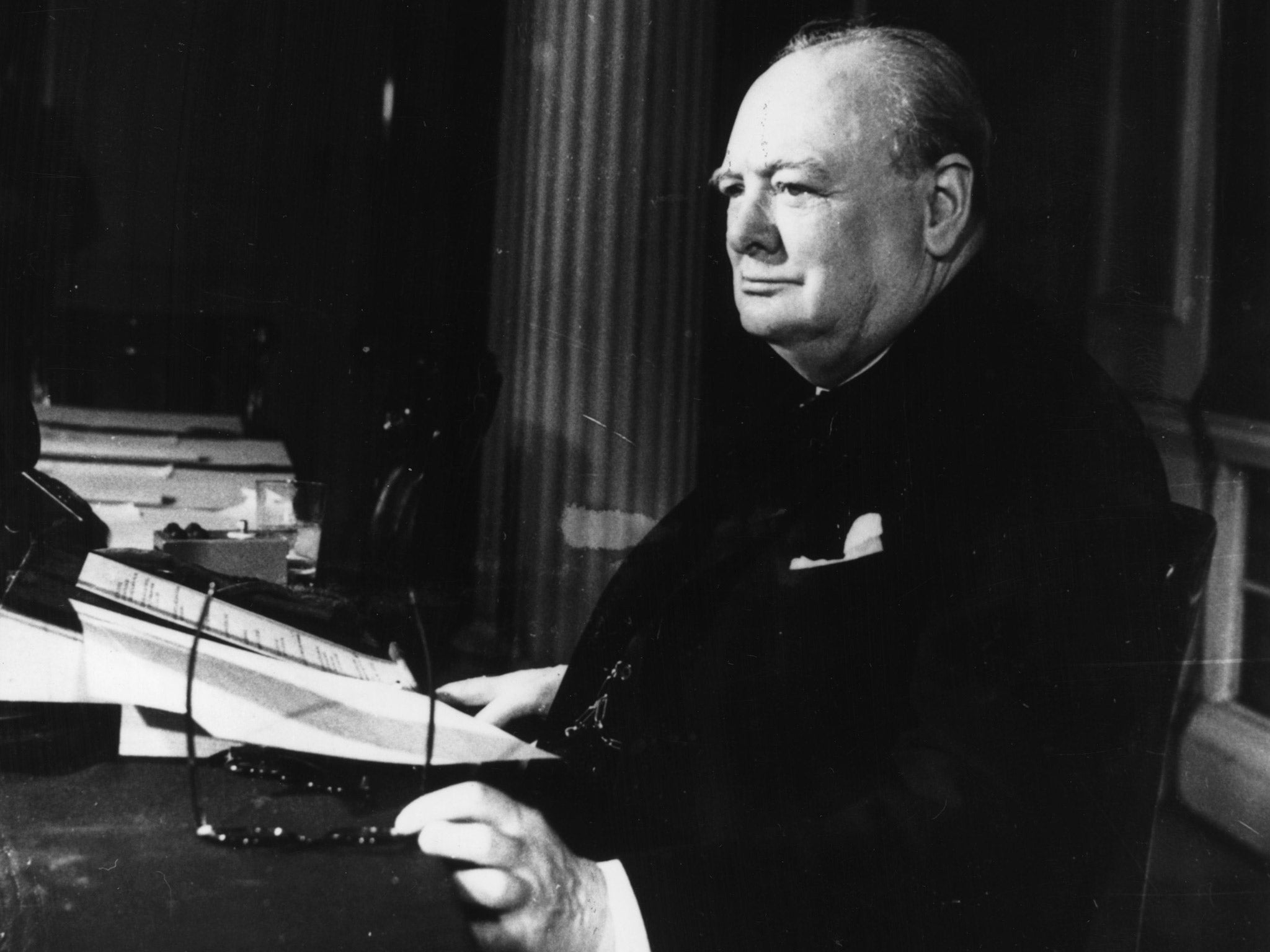New Scotland documentary reveals how Winston Churchill fell out of favour in Dundee
He was Dundee MP for 14 years but there is only one commemorative plaque for him in the city

Your support helps us to tell the story
From reproductive rights to climate change to Big Tech, The Independent is on the ground when the story is developing. Whether it's investigating the financials of Elon Musk's pro-Trump PAC or producing our latest documentary, 'The A Word', which shines a light on the American women fighting for reproductive rights, we know how important it is to parse out the facts from the messaging.
At such a critical moment in US history, we need reporters on the ground. Your donation allows us to keep sending journalists to speak to both sides of the story.
The Independent is trusted by Americans across the entire political spectrum. And unlike many other quality news outlets, we choose not to lock Americans out of our reporting and analysis with paywalls. We believe quality journalism should be available to everyone, paid for by those who can afford it.
Your support makes all the difference.Winston Churchill is remembered across the UK for his wit, his speeches, and as the Prime Minister that brought the UK out of the Second World War, but in Dundee he was not thought of as fondly.
A new BBC Two documentary on Scotland airing on Wednesday night entitled Scotland: The Promised Land, explores the relationship Mr Churchill had with the city before becoming a celebrated wartime Prime Minister and how he fell out of grace and ended up losing his seat as the MP for Dundee.
Mr Churchill was first elected as city’s MP in 1908 after having lost his seat in Manchester. He was elected as member of the Liberal Party and held the position for 14 years.
The Liberal Party was “loved” by the working class in Dundee when Churchill first won his seat, Dr Billy Kenefick, senior lecturer in history at Dundee University told the Courier.
“He brought troops in during the miners’ strike in 1910 and during the transport strike in 1911. He was very popular with the Irish in Dundee before then, but can you imagine how quickly that popularity would wain when he sent troops into Ireland after the war?” Dr Kenefick added.
But ahead of the 1922 election Mr Churchill had been affected by a serious illness and was apparently unable to walk far as he was carried around in a chair in the streets, the newspaper reported.
Dr Kenefick added that Church had made himself unpopular by deploying troops during the both the miners’ strike in 1910 and the transport strike a year later. “He was very popular with the Irish in Dundee but can you imagine how quickly that popularity would wain when he sent troops to Ireland after the war?” he added.
In addition, Mr Churchill was not seen to back women’s suffrage, having previously stated women were “well represented by their fathers, brothers and husbands”.
According to the Herald Scotland newspaper Mr Churchill had also angered residents by “spending so little time [in Dundee] and flashing his wealth when he deigned to visit,” citing research that found Mr Churchill would have spent the equivalent of £1,000 on a three day visit, more than a tenth of which was on wine and spirits.
Tee-total Edwin Scrymgeour defeated Mr Churchill in Dundee in 1922, the only candidate to be elected to the Commons on a prohibitionist ticket.
There is now only one public commemoration noting Mr Churchill’s role as the city’s MP, a small plaque “stuck on the gable end of a building” in Dundee’s centre, the BBC reports.
Join our commenting forum
Join thought-provoking conversations, follow other Independent readers and see their replies
Comments